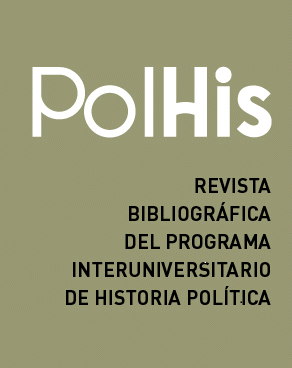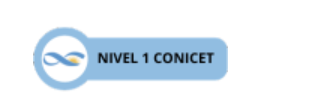Comisión Nacional de Recuperación Patrimonial (CONAREPA): between the fight against corruption and the administration of the loot
Keywords:
CONAREPA, Military dictatorship, Corruption, Political power, PeronismAbstract
This article examines the role of the National Commission for Patrimonial Recovery (CONAREPA), a unique entity established in 1977 by the Argentine military government. Operated under the Executive Branch, CONAREPA was granted full judicial and administrative powers to investigate the origin and legitimacy of the assets belonging to a wide range of political and social leaders. The commission had the authority to seize the assets of those accused and manage the disposed assets.
By tracing its institutional history, two key aspects emerge: first, the government's intention to confer legal and formal legitimacy on an organization that was inherently arbitrary and unconstitutional; and second, the predominantly economic logic behind its distinctive approach of asset seizure. This method aimed not only to penalize the accused but also to compensate for the material harm inflicted on the State.
This study is situated within the emerging discussions of the new century that seek to renew research on political corruption. Its operates under the premise that corruption carries different meanings (Buchan and Hill, 2014), which can only be understood when analyzed within their specific contextual frameworks.
Downloads
Published
How to Cite
Issue
Section
URN
License
Copyright (c) 2024 Martín Astarita

This work is licensed under a Creative Commons Attribution-NonCommercial 4.0 International License.
Aquellos autores/as que publiquen en PolHis, aceptan los términos siguientes:
Los autores conservan los derechos de autor y garantizan a la revista el derecho de ser la primera publicación del trabajo, con derechos de Licencia Creative Commons 4.0 para propósitos científicos y sin fines de lucro, en cualquier medio electrónico de la revista. La misma permite a otros compartir el trabajo con un reconocimiento de la autoría del mismo y la publicación inicial en esta revista. Se solicitará a los autores la firma de una autorización que se remitirá a la Secretaría.
Los autores pueden establecer por separado acuerdos adicionales para la distribución no exclusiva de la versión del trabajo publicada en la revista, como incluirla en un repositorio institucional o en su propio sitio web con un reconocimiento de su publicación inicial en PolHis.
Esta es una revista de acceso abierto, lo que significa que todo el contenido está disponible de forma gratuita sin cargo para el usuario o su institución. Los usuarios pueden leer, descargar, copiar, distribuir, imprimir, buscar o vincular los textos completos de los artículos, o utilizarlos para cualquier otro propósito legal, sin pedir permiso previo del editor o del autor.














27.png)









 Esta obra está bajo una
Esta obra está bajo una 